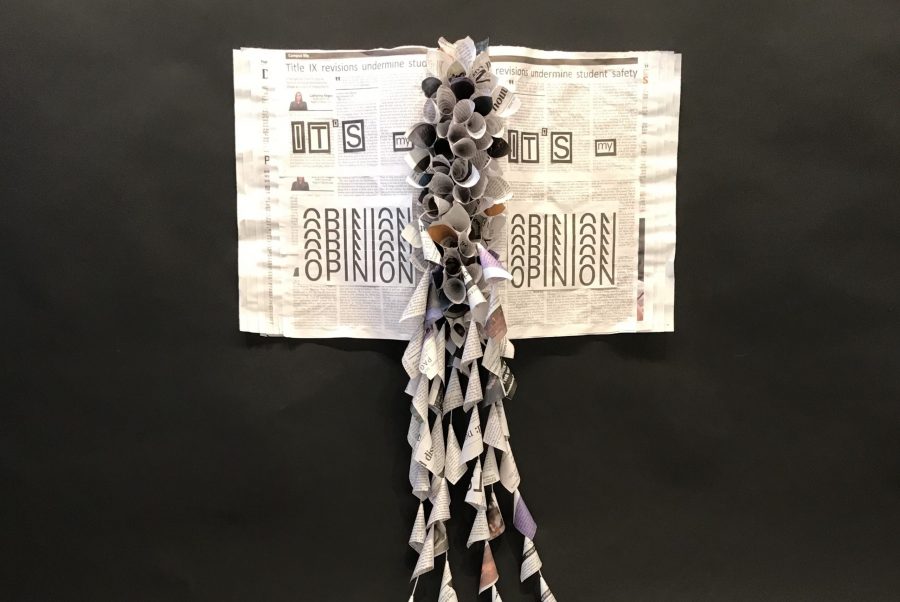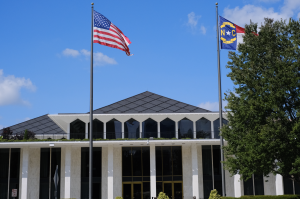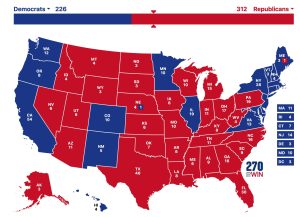False reports compromise truth
October 1, 2020
Two weeks ago I wrote an article about the changes to Title IX regulations, courtesy of one Mrs. Betsy DeVos. As a result of that article, I received an email from a former professor at the Oregon Health & Science University named Buddy Ullman, who was fired for sexually harassing one of his students. A fact he neglected to include in his message to me, but that was readily available after a quick Google search of his name.
In the first line he told me I had some of my facts wrong, an impossible feat considering that the piece was entirely my own opinion and interpretation of the new regulations. He then continued by saying that the old Title IX system was harmful to both accusers and respondents, a fact that couldn’t be further from the truth considering that victims of sexual assault and harassment are the only true victims of that scenario, point blank.
The professor who emailed me was reported for inappropriately kissing a student on the forehead and leaving inappropriate comments on a Facebook post she was tagged in. He claims in a piece he wrote defending himself on the SAVE website, that this student falsely reported the incident as retaliation for him failing her. The insinuation that a young, impressionable woman would put herself through the Title IX reporting process based on a lie is slanderous at the very least, and incredibly destructive.
Statistics show that only between 2% and 10% of sexual assault reports are false, as presented by several studies summarized by the National Sexual Violence Resource Center. But this issue is a serious one, and one that I have come to witness firsthand in my own life. Only two days ago I watched someone call their RA and Campus Police falsely insinuating that a friend in the apartment was verbally assaulting her, a claim that was categorically false across the board. That action and ones like it have real world consequences and are not to be taken lightly. Both sides of this issue have very serious implications and false reporting only worsens the social attitude regarding sexual assault. It makes officials more skeptical of reporters and survivors, who are already suffering from their initial trauma. In my opinion, that is single-handedly one of the worst possible things someone could do, and for me is utterly unforgivable.
The professor who emailed me was reported for inappropriately kissing a student on the forehead, and leaving inappropriate comments…”
Even after experiencing false reporting first hand, I am unable to acquiesce to the outright offensive opinions of the professor who emailed me. It is almost comical how incredibly insolent his words were. In his last line he claimed Ruth Bader Ginsberg would have disagreed with my position, which I find to be outrageous and slanderous to her memory.
Mr. Ullman, I now speak directly to you since you love to find obscure articles in college newspapers and harass their authors.
Mr. Ullman, we should all make a concentrated effort to believe survivors. I completely empathize that you face personal challenges with this topic, but I hope that you can take the time to recognize the importance of your words and actions. We all have a part to play in making the world a better place and I truly believe that you can open your mind to the bigger picture. I can see how the new regulations would benefit someone who had the experience you described in your piece for SAVE, but they are deeply harmful to survivors, who are arguably the more important group in this scenario. Cisgendered straight white men have controlled the narrative surrounding sexual harassment, assault and violence for too long. Respect that the issue at hand is bigger than just you and your story. Finally, you might consider changing your email signature to reflect that you did not retire, but in fact were fired. I recognize that my opinions are harsh, but I feel they reflect the seriousness of the subject at hand.












